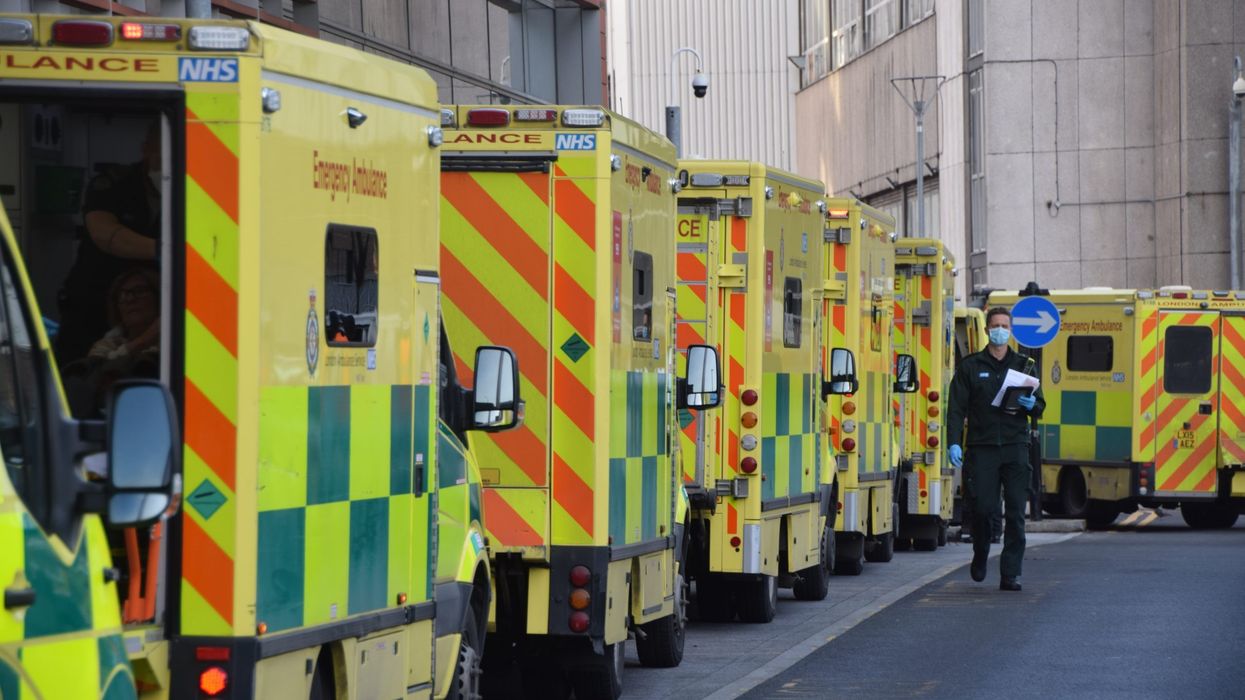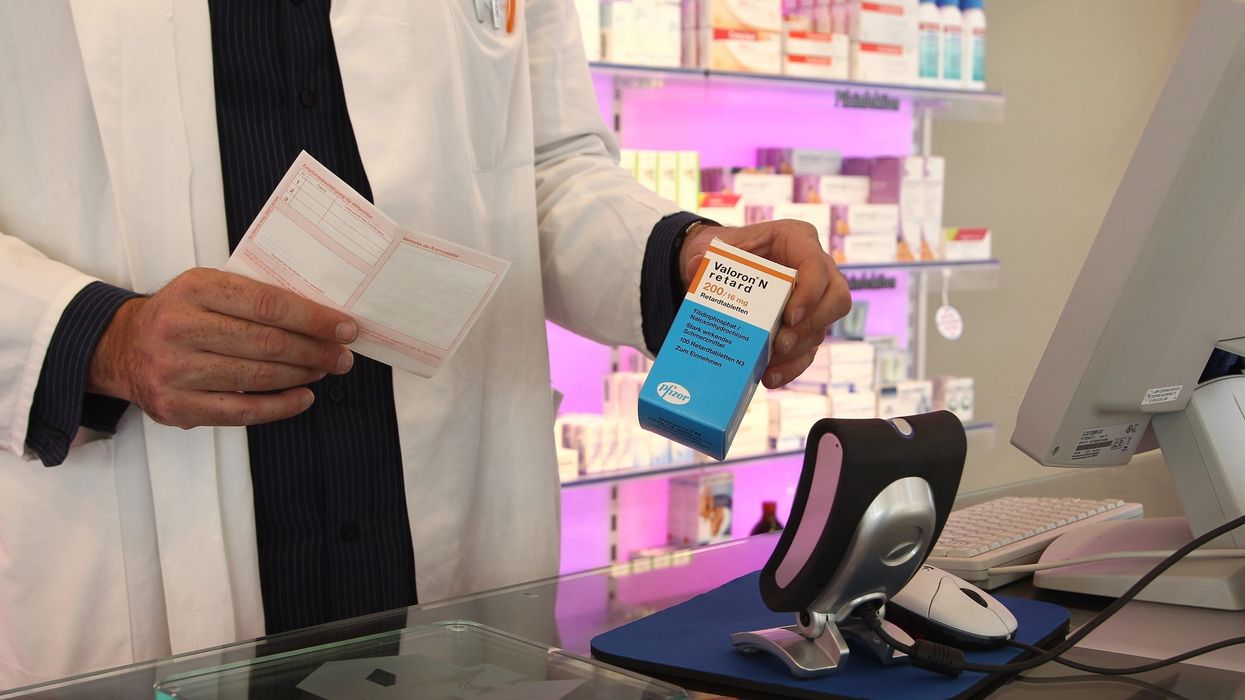National pharmacy bodies have welcomed the announcement of an advance payment of £300 million for community pharmacy, but stressed that the sector will desperately need “new funding” to meet the additional costs incurred during the COVID-19 pandemic.
Chair of RPS in England Professor Claire Anderson said it “a welcome step in right direction for pharmacies facing immediate cash flow concerns,” but added that “this should have come from new money.”
Demanding “fair funding in the longer-term to help pharmacies keep their doors open to the public,” she argued that with rising costs, this advance payment alone would not be enough.
“Alongside this (cash injection) we are seeking further clarifications on how government protects all pharmacy teams, including pharmacists and support staff, to have appropriate access to PPE (personal protective equipment) and timely testing for COVID-19 so they can continue looking after patients,” she added.
The Association of Independent Multiple Pharmacies (AIM) noted that without appropriate PPE, pharmacy teams were putting their own health at risk while looking after patients in their communities. It regretted that “despite the sector asking for this, it has not been forthcoming.”
The Association said “due to the shock of continued under-funding,” many pharmacies which were temporarily closed due to staff shortages may never re-open, putting vulnerable communities at risk.
“Whilst it is good to see some cash injection into this severely cash-starved sector, the delayed English pharmacy funding announcement does not allow for sufficient funding and will have a catastrophic effect on many pharmacies, not just financially, but by also having a deeply negative effect on the morale of all pharmacy staff,” AIM said in a statement.
The National Pharmacy Association (NPA) was “relieved” because the money was “essential” to cover the vastly increased cost of prescription medicines.
In a statement, the NPA said: “While it is an essential first step, this is only part of the support needed to keep vital frontline services going. We expect government to make good on commitments to meet all the additional costs associated with coronavirus, to help pharmacies maintain services not only now but also into the future.”
It noted that many pharmacies were experiencing significant cashflow problems even before the coronavirus outbreak, which has “exacerbated the situation dramatically.”
However, the payment will give wholesalers greater confidence that pharmacies won’t default on their bills, the NPA further said.
“Urgent discussions are continuing about new funding to meet the additional costs incurred by pharmacies, such as employing extra staff and safeguarding their health by installing protective fittings.
“We look forward to the fulfilment of undertakings made by the Chancellor and NHS chief Simon Stevens to cover all extra costs incurred by NHS providers during this pandemic,” it added.
The Company Chemists' Association expressed its disappointment "with both the scale of the support currently being provided and the fact that pharmacies will ultimately have to pay it back to the government in the months to come."
It said: "The £200m to be paid in April will only just cover half of the estimated uplift in prescription items seen this month, and pharmacies will have to pay this money back.
"In addition to the increased cost of purchasing medicines, pharmacies are having to pay for additional staff and overtime, additional cleaning and guarding as well as providing protective equipment such as screens and visors, to protect their teams, so that they can stay open for the public.
"We have grave concerns that pharmacy businesses, large and small, will not be able to continue to cope in this unprecedented situation without adequate additional support and may be forced to close permanently."











